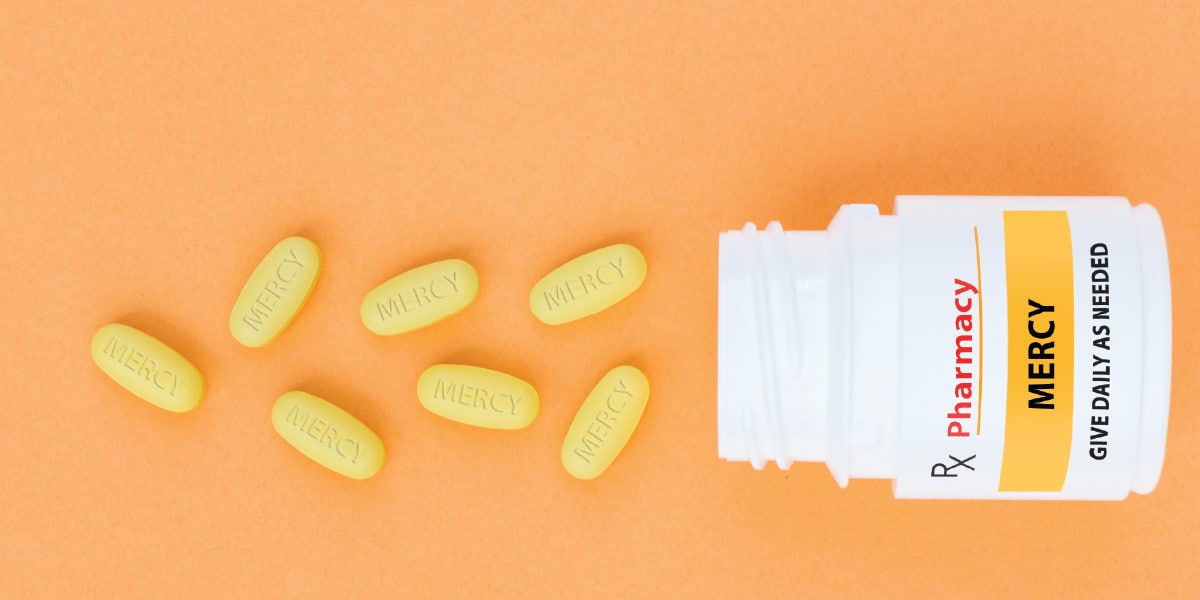This past summer, my daughter Riley had jaw surgery. Caring for her was an around-the-clock job. I found myself changing ice packs, administering medicine every three hours to keep the agonizing pain at bay, and making smoothies since she was on a completely liquid diet.
As a mom, all I wanted to do was take away the pain and make everything better. But, as often happens in situations with our kids, I knew I couldn’t. But what I could do was show her mercy and be there to help in any way I could. Sometimes she pushed back—in a less-than-loving way—when I reminded her of one of the things she needed to do for her recovery. When she did, though, I reminded myself that I wouldn’t want to be in her place and would probably respond in the same way.
The whole experience reminded me of a quote I once read from Pope John XXIII and have returned to many times. It came from his opening address to the Second Vatican Council. The phrase was “medicine of mercy.”
Perhaps it triggered my memory because it seemed to be the perfect summary—both literally and figuratively—of what I was doing.
A Bigger Picture
While taking care of Riley during her recovery seemed a fitting example of that phrase, I also know that its meaning extends much wider than the four walls of our home. Mercy is something that is a core element of our faith. For instance, in the beatitudes (Mt 5:7), we read, “Blessed are the merciful, for they will be shown mercy.”
There are also the corporal and spiritual works of mercy, which challenge us to extend mercy to others as if we were doing so to Jesus himself. We are even offered ways in which to do so: “For I was hungry and you gave me food, I was thirsty and you gave me drink, a stranger and you welcomed me, naked and you clothed me, ill and you cared for me, in prison and you visited me” (Mt 25: 35–36).
And each time we attend Mass, we recite the words, “Lord, have mercy. Christ, have mercy. Lord, have mercy.” So, as you can see, we are called to extend mercy quite a bit by our faith.
Reality Check
The question, though, is whether or not we are realizing what we are being called to do and putting it into action. Maybe we are. Or maybe we’re just giving lip service to words we hear over and over in prayers and the readings at Mass.
Taking care of Riley reminded me that faith is often most powerful when put into action. I had much more of an impact when I showed her the “medicine of mercy.” And while that is just one example, there are certainly many more situations in both the world and our very own communities where we are being called to extend mercy.
The bottom line is that there are a lot of people who could use some “medicine of mercy,” and our faith is calling us to provide it. If a homeless person, immigrant, or someone we disagree with was Jesus, how would you show them mercy? It’s a good question to ask ourselves.
Enjoy this second take on mercy!


